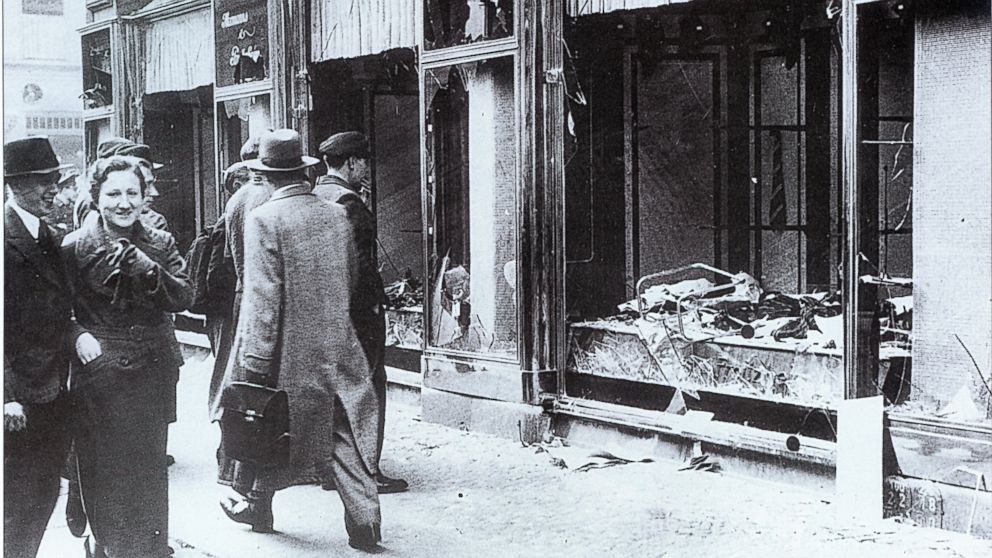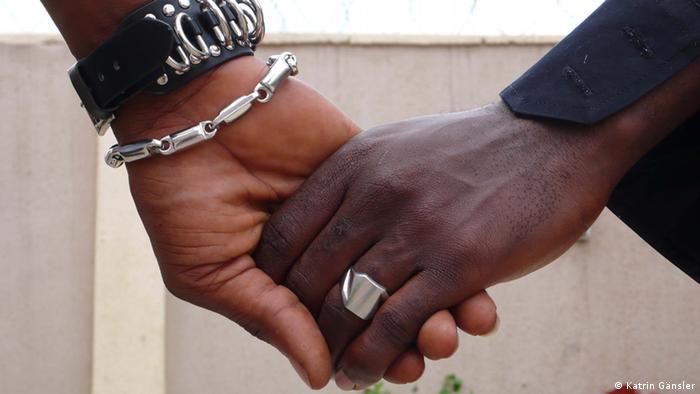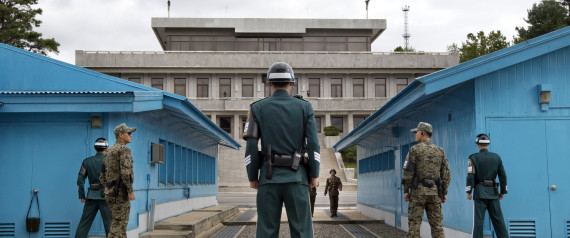By: Danielle L. Gwozdz
Impunity Watch News Reporter, Africa
PRETORIA, South Africa – An orphanage worker in South Africa has been charged after 20 young children were rushed to hospital with symptoms of poisoning, police say.

The children are mostly Aids orphans living in the Malerato Centre for Hope in Mamelodi township outside Pretoria.
Children at the Centre complained of stomach ache shortly after lunch on Thursday, according to police spokesman Tsekiso Mofokeng.
“Twenty kids were admitted,” he said.
“A woman 35 years of age was arrested on suspicion of poisoning and charged with assault with the intent of causing grievous bodily harm,” he told AFP.
The children are reported to have consumed the poison in powder form with their lunch. After they complained of stomach pain, they started crying and vomiting.
Two of the children were in a critical condition with one being airlifted to Johannesburg hospital and the other rushed to Steve Biko hospital in Pretoria.
Eighteen others were rushed to various hospitals. Eight of the children have since been discharged from the hospital.
The Centre houses 42 abandoned children, as well as orphans, whose parents died from AIDS, according to South Africa’s Sunday Times.
The orphanage’s principal, Johanna Mashapa, told local media the children had been given powder.
“We were so worried. They were vomiting and crying. They had runny stomachs and were so sick,” she told South Africa’s Sunday Times.
Government inspectors were sent to the orphanage to investigate.
Staff at Malerato Centre for Hope orphanage was taken for forensic testing.
For more information, please visit:
BBC News – South Africa orphanage worker charged in poisoning – 10 November 2013
The China Post – Suspected poisoning at an orphanage hospitalizes 20 – 10 November 2013
Yahoo! News – S. Africa Orphanage worker held after suspected poisoning – 10 November 2013
msn news – Twenty orphans poisoned in Sth Africa – 10 November 2013
sabc – Woman to appear in court for child poisoning – 10 November 2013
france 24 – Orphanage worker held after suspected poisoning in S. Africa – 10 November 2013


